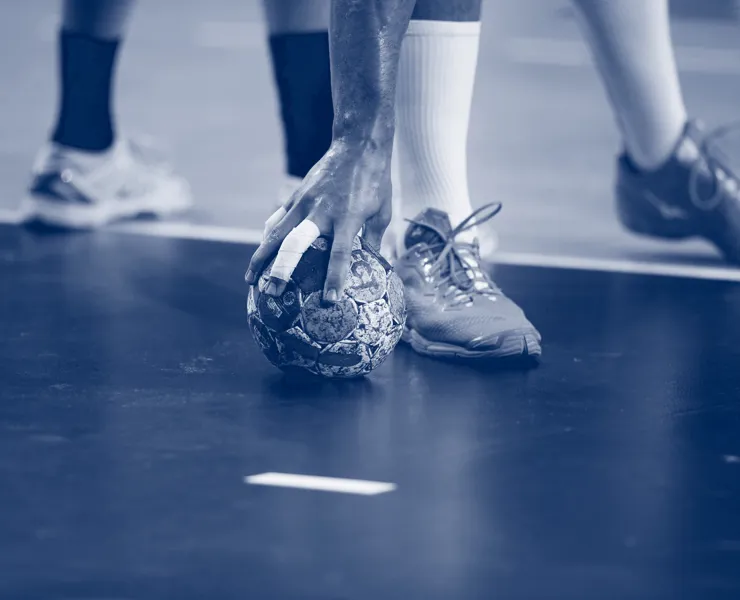Despite his aversion to 7v6, Rasmussen admitted the tactic has evolved his way of thinking about the game. “I think 7v6, no matter how many people don’t like it, and I don’t like it at all, forces us coaches to think in alternative ways, it forces us to invent new ideas, to try new things; it’s challenging our handball brains, all the coaches and that develops us. Some things will work, some things will not, but that’s sport. But at least it forces us to think in new ways,” Rasmussen said.
Both coaches, especially Rasmussen, made remarks on how 7v6 has made goalies become a lot more active. “They can run in and out, but if they are a little too tired when they come into the goal after, let’s say, seven, eight times where you play 7v6, then the level goes down and it’s not helping the goalkeeper’s performance,” he said.
Bent Dahl stressed that with all the added demands placed on keepers, fitness is not the only thing goalkeepers need to work on. “Coaches need to take more responsibility that the goalkeepers are not just staying in the goal in training. They need to be take more part in everything.”
One viewer asked when 7v6 should be taught to young players, and although both coaches were less than enthused about introducing the tactic to the youth, they agreed it should be introduced considering the trajectory of the sport. Rasmussen said: “My first answer would be ‘don't do it’ when you are young, because you kill the creativity. But on the other hand, if this seven against six is going to be forever in our sport, teach them to use it as fast as possible.”
Nevertheless, he once again emphasized the negative influence the strategy has on the sport. “I am sure that a lot of young kids would stop playing handball and find something else to do,” he remarked.
Dahl agreed with Rasmussen. “In the end, it’s not just about 7v6, but it’s also about how you set your training. You will always play with one more player and you have to create this position, and that’s maybe positive because, of course, in the young ages, it’s very easy to put in systems. And if you do systems too early, you also destroy the creative part of them all,” said Dahl.
The next EHF Webinar will deal with handball in schools and will have former Spanish international Carlos Prieto as well as professor and author Luisa Estriga. It will take place on 7 September at 11:00 CET. For more information and registration, please visit this link.








